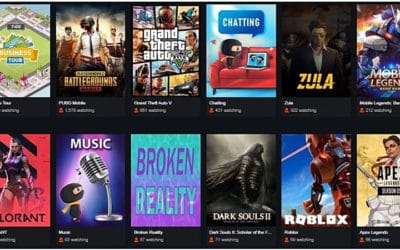I’ve been thinking long and hard about what to call 2013. After saying 2011 would need to be the International Year of Resilience (much still needed) and 2012 the International Year of Problem Solving, I’m thinking now that Crowdsourcing (the idea of seeking assistance beyond your own capabilities from the ‘crowd’ often through social media) has reached a critical mass and that means we can expect it to become a normal event across 2013. Here’s some examples to support my thinking:
Crowdsourcing is extending from niche hobby farm status to mainstream.
The people movements like AVAAZ, MoveOn, and 350.org are clear examples of mass movements of crowds in action. They have emerged to by-pass the political barriers that are preventing much needed positive action on a whole range of issues that many feel are beholden to selective special interest groups. The ‘Get Kony’ and Occupy WallStreet were other fine examples of a mass movement leveraging social media technologies around a particular issue, even if end-goal ‘success’ might not always be achieved.
And it’s not just social initiatives.
Harvard University recently leveraged a gaming community and crowdsourced an answer to an HIV enzyme that had been troubling them for over a decade. The FoldIt community arrived at their answer in just three weeks! Other initiaives now look to diagnosing Malarial infections (UCLA) and private offerings such as ‘Cure Together’ seek to solve all sorts of chronic diseases. The barriers overcome are lack of research funding, entrenched approaches to solution seeking or bias toward models of cure.
Serious investment dollars can be generated by simply asking the ‘Crowd’ for help.
And the funding of new business start up and ideas through the likes of KickStarter and GrowVC are showing just that. The barriers here are heavy handed approaches for funding of the mainstream banking sector who’ve lost touch with the fact that in the years gone by (looong gone?), banks were Innovation partners in businesses and broader society, not usury takers which many seem to have fallen into becoming.
As acceptance of this approach improves its practise and societies’ willingness to engage in it, expect rapid uptake in a whole array of areas (see below).
So I herein declare 2013 to be the International Year of Crowdsourcing! Some key areas for Crowdsourcing will be Medical cures AND medical provision; bespoke pharmacy (legal and not); Tourism and bespoke holidays; Food production & Distribution; and one with ‘game changing’ status’ – Logistics, especially if (as I predicted in the 2004 National Geographic Channel’s TV series ‘Future Matters’) 3D printing goes mainstream. Other areas seem more obvious with the Massive Open Online Courses (MOOCs) started by the likes of Stephen Downes around five years ago (and finally on the radar of more mainstream Universities over 2012), expect the push toward Crowdsourcing of Education to continue to shape both content creation and service delivery.
Don’t say you weren’t tipped!
Reposted from Looking Up Feeling Good




0 Comments